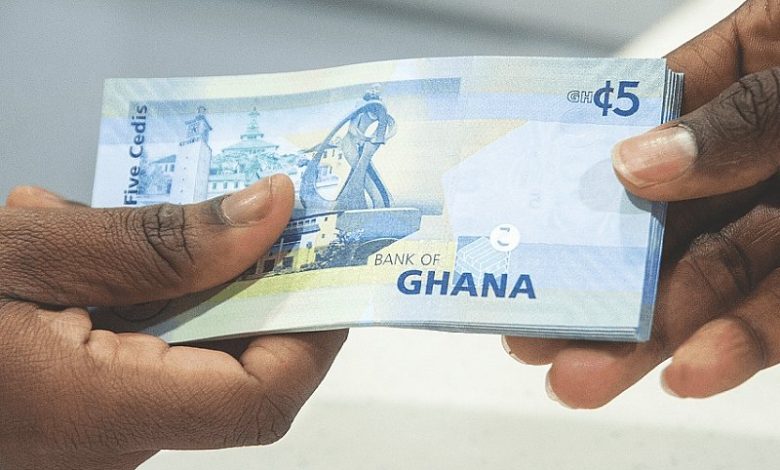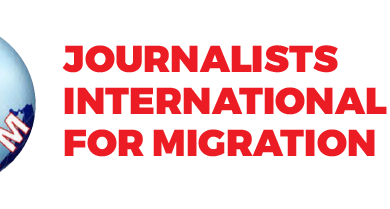Ghana to pay 15 percent wages rise to workers in order to ease inflation
By Orowo Victoria Ojieh

Public workers in Ghana would have a 15 per cent raise in his or her wages, starting from July 2022 to reflect the current economic situation in the country, especially to cushion the effect of skyrocketing inflation that has beset it in recent years, which has greatly affected the general quality of living.
Ghanaian government signed the Cost of Living Allowance (COLA) agreement with the workers, in exchange for a stable workforce in the economically-troubled country, where cost of living has become a major problem.
Minister of Information, Kojo Oppong Nkrumah, said the decision was reached after consultations with the country’s organised labour and other stakeholders, in a tweet on Friday, adding that the allowance took effect on July 1, the same day Ghana sought the support of the International Monetary Fund (IMF) for its economic crisis.
“Government and organised Labour have concluded negotiations for Cost of Living Allowance. A 15 percent allowance has been agreed effective July 1. Government is keen on mitigating the impact of global challenges on the people of Ghana,” he said in a tweet.
Read Also: Sanwo-Olu flags-off reconstruction of Falomo Towers
Government and organised Labour have concluded negotiations for Cost of Living Allowance. A 15% allowance has been agreed effective July 1. Govt is keen on mitigating the impact of global challenges on the people of Ghana.
The government agreed that COLA would be paid at a rate of 15 percent of the base pay of public workers after negotiations between the government and organised labour concluded on Thursday 14 July.
Ghana is one of the low-income nations currently being crumbled by the effects of Covid-19 and the war between Russia and Ukraine.
Ghanaians crowded the streets of Accra last month in protest against rapid increase in energy costs and the newly imposed e-levy, which mandates them to pay a 1.5 percent tax for every electronic transaction they carry out.




